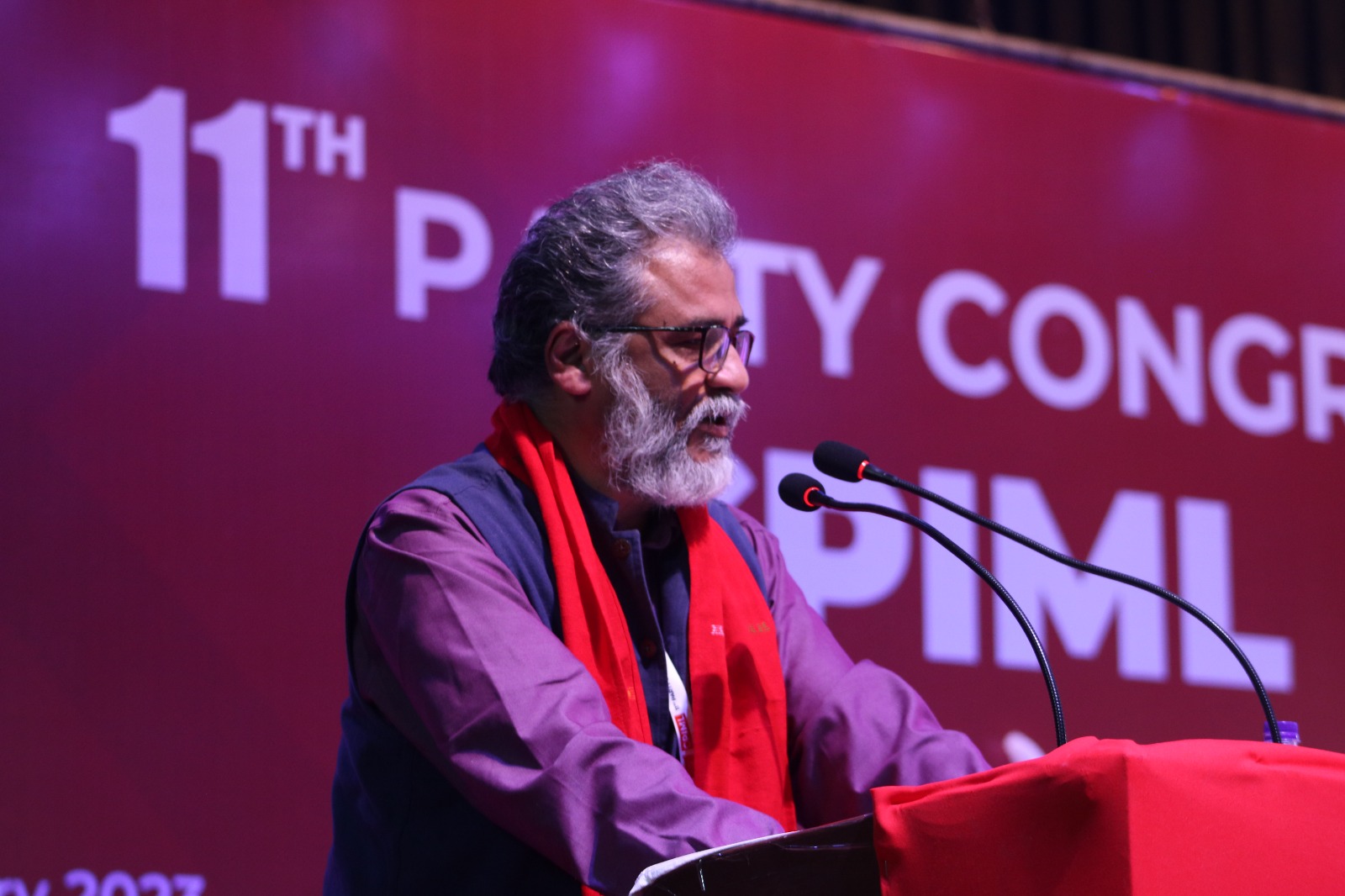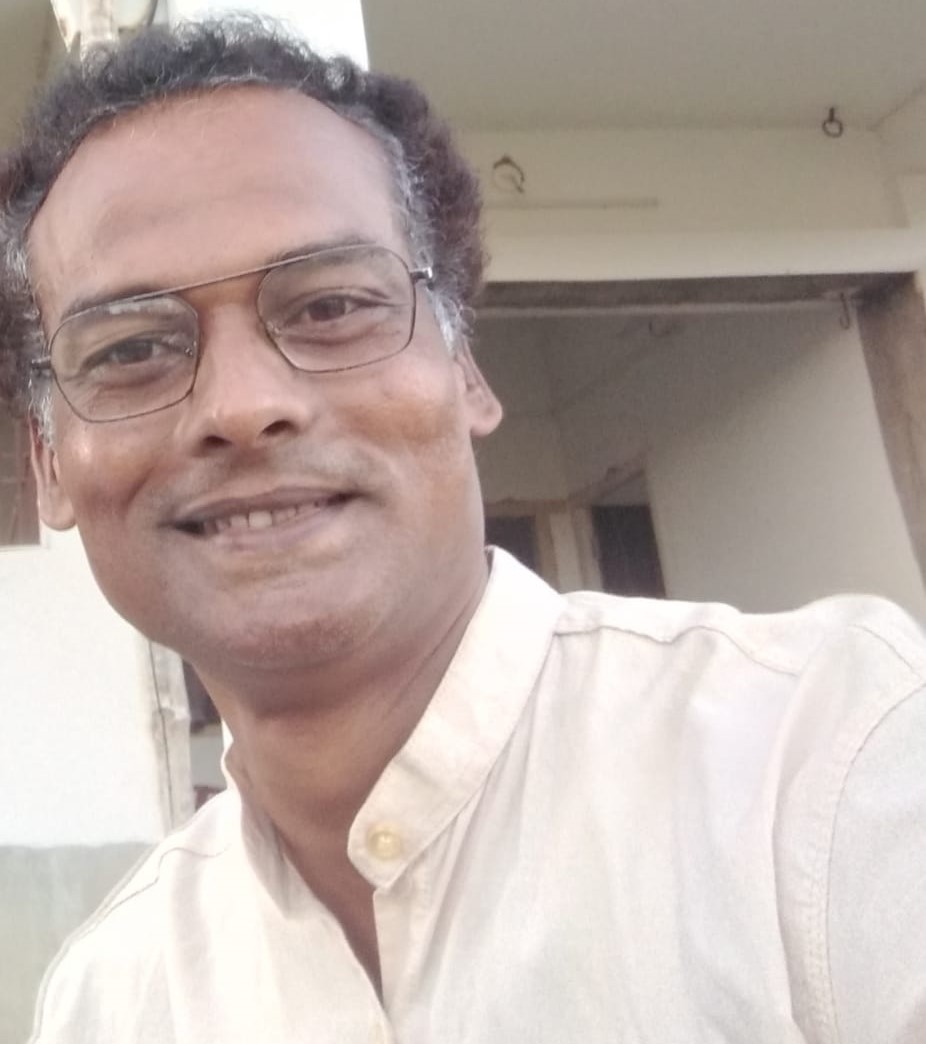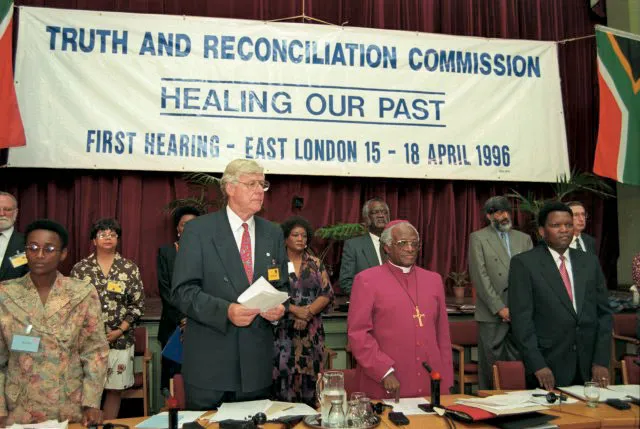Bihar is the only state in the Hindi belt where the left-wing political parties still have a formidable presence. At the heart of it is the Communist Party of India (Marxist-Leninist) or the CPI-ML. The party has 11 MLAs in Bihar today and has a major role in the “Bihar model” of opposition unity.
The political upheaval triggered by the Mandal movement had led to the traditional left-wing parties losing their popular base in Bihar and Uttar Pradesh. The CPI-ML was the only party from the Left stable that could still hold its ground. In the 2020 Bihar Assembly Elections, as part of the Grand Alliance, it contested from 19 constituencies and won 12 – its biggest-ever electoral success. But its dazzling performance has nothing to do with the party breaking new ground or expanding its support base.
The CPI-ML has always been an oddity in the traditional left-wing camp. It struck roots in Bihar by raising issues related to the most marginalized sections of society – their dignity, land to the landless and fair wages. It became the voice of the marginalized and fought for their rights and their self-respect and against the domination of savarnas. But it never made social justice – an essential condition for breaking the monopoly of savarnas in all areas – part of its political agenda.
Of late, it has become vocal on the issue of social justice. This was evident at its 11th Party Congress, held at the Gandhi Maidan in Patna recently. A massive “Save Democracy, Save India” rally was taken out and the 10 political resolutions adopted by the convention included the demand to abolish EWS reservations and broaden the ambit of reservations for the Dalits and the OBCs.
Neither the social-justice parties nor the other left-wing political outfits have, so far, taken a clear stand on EWS reservations. However, CPI-ML has unambiguously voiced its opposition to the provision. Changes in the stand of the party, especially vis-à-vis social-justice issues such as reservations and caste census, started becoming visible after 2020. But it is still not, in keeping with its identity, taking to the streets on these issues, nor is it ready to make social justice a plank of its wider political agenda.
It would be pertinent to take a look at whether commitment to social justice is reflected in its organizational structure and functioning. The preponderance of the upper castes in the leadership of the traditional left-wing parties has been a talking point for a long time. Is CPI-ML different from the others in this respect? Before discussing this issue, let us remind our readers that the communist parties are different from other parliamentary parties in the sense that in them, the organization has a much greater say in the party affairs and the general secretary is the most powerful functionary at the national level. Down the line, too, the secretary is the most important office-bearer. The same is the case with people’s organizations. The communist parties do not follow the pattern of other parliamentary parties and their MPs, MLAs and their wings are controlled by the party organization.
Dipankar Bhattacharya was re-elected as the general secretary of the CPI-ML for the fifth consecutive term at the party Congress at Patna. The party’s highest decision-making body was also reconstituted.
Bhattacharya has been serving as the general secretary of the party since the death of Vinod Mishra on 18 December 1998. To date, no non-savarna has been the general secretary of the party. A press communiqué issued at the end of the congress said that a 77-member Central Committee has been constituted, which includes 13 new members. With the induction of five new women members – Farhad Banu, Manju Prakash, Indrani Dutt, Shweta Raj and Maitreyi Krishnan – women now form 16 per cent of the members of the Central Committee. The press communiqué referred to the share of the women in the party’s top decision-making body, thus underlining the party’s commitment to and concern for gender justice.
But there was no mention of the share of the deprived communities like SCs, STs and OBCs in the top decision-making body. What does this show? Doesn’t it raise doubts on the seriousness of the party with respect to issues related to caste and social justice? According to the press release, the new entrants into the Central Committee include Satyadev Ram, Kumar Parvez, Sandeep Saurabh, Naveen Kumar, Prakash Kumar, Neeraj Kumar, Indresh Maikhuri and Kailash Pande.

According to information available, five of the seven new male members are savarnas. Of the six men and women from Bihar inducted into the revamped body, two each are savarnas, OBCs and Dalits. The last Central Committee had 17 members from Bihar, of which six were saaarnas. Of the four Politburo members from Bihar, two were savarnas. The new Politburo will be elected later by the Central Committee.
In Bihar, the Communist Party of India (CPI) is often referred to as a party dominated by savarnas, mostly Bhumihars. But the CPI-ML is not very different. Among all the states, the party is the strongest in Bihar and here, the state secretaries have always been savarnas, again mostly Bhumihars. The present state secretary Kunal is also a Bhumihar.
Former MLA Ramnaresh Ram, who was one of the pillars of the Naxalbari movement in central Bihar, was the only exception. He was appointed state secretary for a short period when the party was involved in underground movements.
Another fact that cannot be overlooked is that the localities and habitations of savarnas, mostly Bhumihars, were a part of the social base of the CPI and consequently, these communities occupying leadership positions in the party was understandable to some extent. However, the CPI-ML draws its support mainly from the marginalized sections. What is interesting is that the protests and struggles on the ground are led by the Dalit-OBC leaders and workers. But their share in the leadership shrinks as one moves from the lower to the higher echelons of the party. As one moves up the party hierarchy, the share of savarnas increases. Since the formation of the party, savarnas have been monopolizing the top leadership. In that sense, the structure of the party is in consonance with the varna- and caste-based Indian societal set-up.
Over the past few years, the social complexion of the party’s leadership from the state up to the Central Committee has undergone some change but still, non-savarnas hardly play a decisive role. From the state up to the party headquarters in Delhi, it is the savarnas who rule the roost. The non-savarnas are on the margins even in the public events of the party, including press conferences. Clearly, the CPI-ML distinguishes between physical labour and intellectual labour exactly like the Varna-caste system does. The intellectual work has been entrusted to the savarnas. It is the savarnas who edit the party’s organs Liberation and Lokyuddh, as well as periodicals such as Samkaleen Janmat, Shramik Solidarity and Aadhi Zameen.
In the last elections, the party’s nominees as well as the winners mostly came from the Dalit and OBC communities. As it is these communities which have been playing the key role in the movements and protests launched by the party on the ground, it was only natural that they formed a majority of its candidates.
Savarnas, more or less, dominate the decision-making positions at the national level in people’s organizations, too. In its literature, the CPI-ML has declared elimination of caste as one of its revolutionary objectives. But what the party wants to change in society is not visible in its own structure. If the stranglehold of caste on society is to be brought to an end, how can the party not do the same in its own set-up? Dipankar Bhattacharya being elected as the party’s general secretary for the fifth time also hints at status-quoism and savarna domination. Against this backdrop, it is not surprising that the Mandal-Bahujan resurgence has pushed the traditional left parties to the margins and slowed down the onward march of the CPI-ML.
(Translated from the original Hindi by Amrish Herdenia)
Forward Press also publishes books on Bahujan issues. Forward Press Books sheds light on the widespread problems as well as the finer aspects of Bahujan (Dalit, OBC, Adivasi, Nomadic, Pasmanda) society, culture, literature and politics. Contact us for a list of FP Books’ titles and to order. Mobile: +917827427311, Email: info@forwardmagazine.in)





